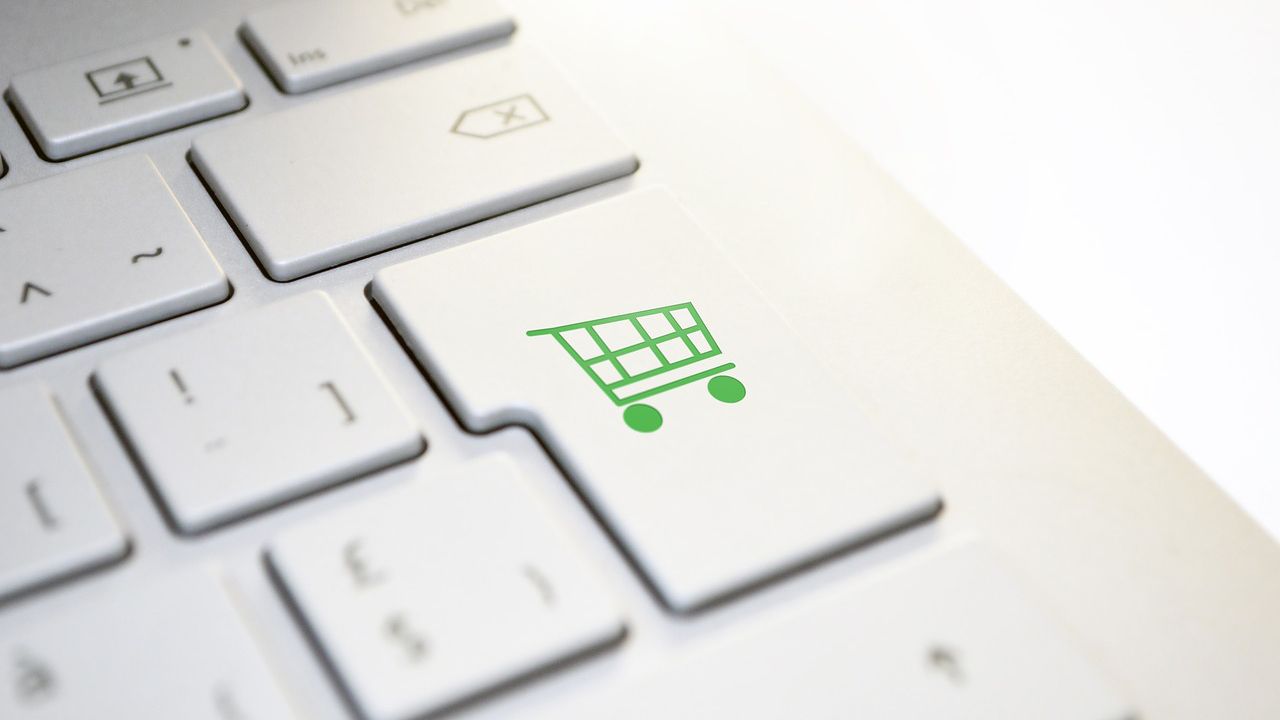AI Shopping Assistants Accelerate Holiday Retail Growth

Key Points
- Adobe forecasts a 520% rise in AI‑driven traffic to U.S. retail sites for the holiday season.
- Over one‑third of U.S. consumers have already used AI tools for shopping tasks.
- More than half use AI for product research, while 40% rely on it for recommendations.
- AI‑referral shoppers browse more pages and are beginning to convert at higher rates.
- Retailers are now competing for visibility within LLM chat interfaces like ChatGPT and Gemini.
- AI tools can instantly provide product lists, price comparisons, and direct purchase links.
- The holiday e‑commerce spend is projected at $253.4 billion, with AI playing a larger role.
- Future retail strategies will focus on AI relevance as a key driver of sales.
Adobe predicts a massive surge in AI-driven traffic to U.S. retail sites during the holiday season, forecasting a 520% jump. More than a third of U.S. consumers have already used AI tools such as chatbots, recommendation engines, and browser extensions to research products, find deals, and get gift ideas. Shoppers who arrive via AI referrals tend to browse more pages, and purchase rates from those referrals are beginning to rise. Brands are now competing for relevance within large language model (LLM) interfaces like ChatGPT and Gemini, positioning AI as a new co-pilot in the holiday shopping journey.
AI Traffic Surge
Adobe’s holiday e‑commerce forecast projects a 520% increase in AI‑driven traffic to U.S. retail websites. The forecast is based on analysis of more than one trillion site visits and anticipates a $253.4 billion online spend between November 1 and December 31, a modest 5.3% rise from the prior year. Adobe defines “AI traffic” as visitors who land on a site via a recommendation or link generated by an AI interface, which can include chatbots, AI‑powered browser sidebars, or auto‑suggest tools.
Consumer Adoption
In a survey of 5,000 U.S. shoppers, over a third reported using AI for online shopping. Fifty‑three percent said they use AI as a research tool, forty percent for product recommendations, thirty‑six percent to locate deals, and thirty percent for gift inspiration. These figures illustrate how AI has moved from a novelty to a mainstream part of the purchase funnel.
Impact on the Shopping Experience
AI tools streamline the shopping journey. A shopper looking for a beginner DSLR camera can now ask ChatGPT or Google’s Gemini for a shortlist with specs, pricing, and direct links, reducing the need to open multiple tabs or use separate price‑comparison extensions. Users can also paste screenshots or product URLs into an AI chat to request size matches or similar items under a specified price, receiving instant links that keep them on the retailer’s site.
Retailers’ New Battlefield
While social media remains a major discovery channel, AI is reshaping how products are surfaced. Shoppers arriving via AI tend to stay longer on sites and explore more pages, and early signals show a rise in purchases originating from AI referrals. Brands now face competition for relevance within LLM chat interfaces, where the ranking and recommendation algorithms can directly influence sales outcomes. As AI chatbots begin to offer dedicated shopping apps, the traditional focus on search rankings may give way to performance within conversational AI ecosystems.
Future Outlook
Adobe’s data suggest that 2025 will cement AI’s role as a co‑pilot for holiday shoppers, operating behind the scenes to guide product discovery, price comparison, and purchase decisions. The continued integration of AI into browsers and retail platforms points to an era where shoppers may not even realize how often AI shapes their buying behavior, but its impact on traffic, engagement, and sales will be unmistakable.